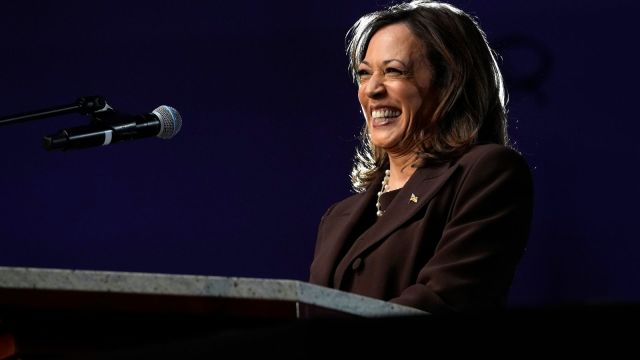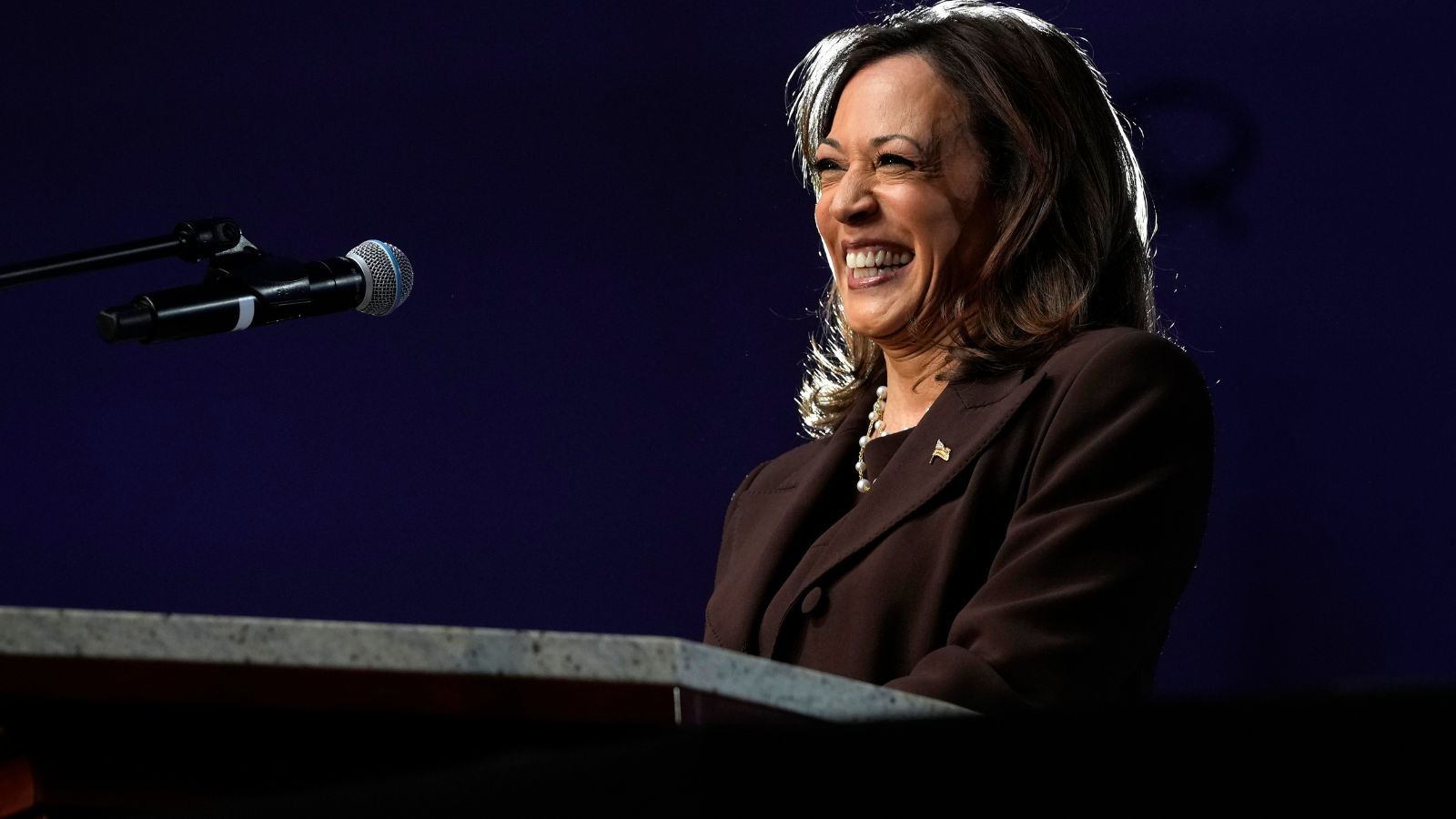
A few weeks ago, I voted for the first time in an American presidential election. As a young Indian-American woman, casting my ballot for Kamala Harris felt powerful. I told myself that no matter what happened, I should hold on to the significance of that moment. Since November 5, that has not been easy.
This election has left me with a deep sense of loss — not just because of its outcome, but for everything it has forced me to reckon with. Foremost of which is that a vast swathe of people in the United States of America truly felt that Donald Trump — a twice impeached president and a convicted felon — was, at the very least, the better of the two options this election offered them.
Worse still, I cannot say I was surprised by Trump’s win. I had known it was a very real possibility. And yet, I am entirely unequipped to explain why things turned out the way they did.
I can conjecture, and I have: It happened because of Joe Biden’s hubris; it is the depravity of a sexist, racist, xenophobic population seeking a strong-man; White men feel left behind; race is still a big factor; it’s inflation; it’s Gaza; it’s COVID; it’s immigration. It’s our collective crisis of faith.
Whatever reasoning I conjure, however, is based on the abstraction of an unknowable “other side.” I don’t actually know a single person that voted for Trump. To me, and to most around me, Trump voters are an amorphous entity. I know them only through my fears of what they may do. And because my reality is entirely divested from theirs, I have taken comfort in my distance from them. As long as that is true, nothing productive can come out of conjecturing about Trump voters. You can’t explain what you don’t know. And you definitely should not strive for one explanation, because with 73 million American people having voted for Trump, it is simply impossible that Trump voters are one thing.
During the best of times, it is difficult to see people as they see themselves. This is far from the best of times. How do I begin to understand what leads people to usher in a presidency that, to me, feels so dystopian? What makes people feel that Trump will make things better? Do they truly feel so left behind by people like me?
I’m beginning to think these might be the wrong questions. If one wants to understand people, Trump voters among them, maybe the question isn’t “Why do you vote the way you do?” but rather, “What matters to you?” or even, “Do you feel that you matter?” Because, at the end of the day, people are more than who they voted for, right?
I really do hope so.
Four years ago, we tried to pass Donald Trump off as a fluke. Instead of asking how this could happen again, maybe it’s better to ask, what needed to change that did not. And I don’t think you can ask that, or even know who to ask, without knowing where people come from, and who they are on all the days outside of, and leading to, Election Day.
The writer is a second-year student of mathematics and journalism at Duke University, USA



